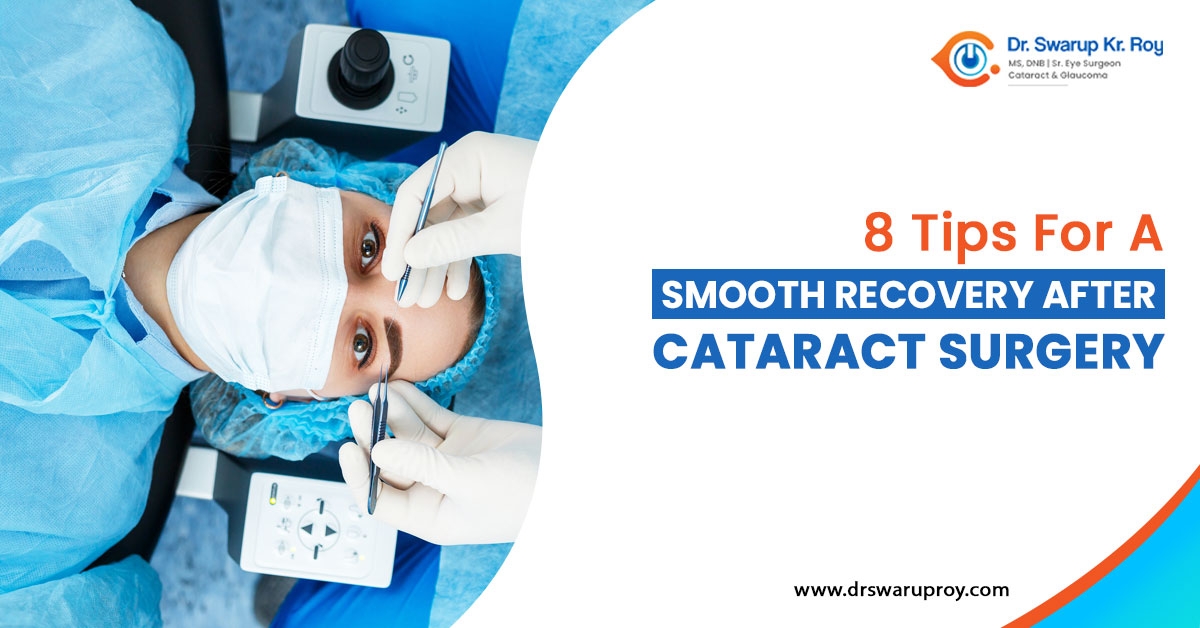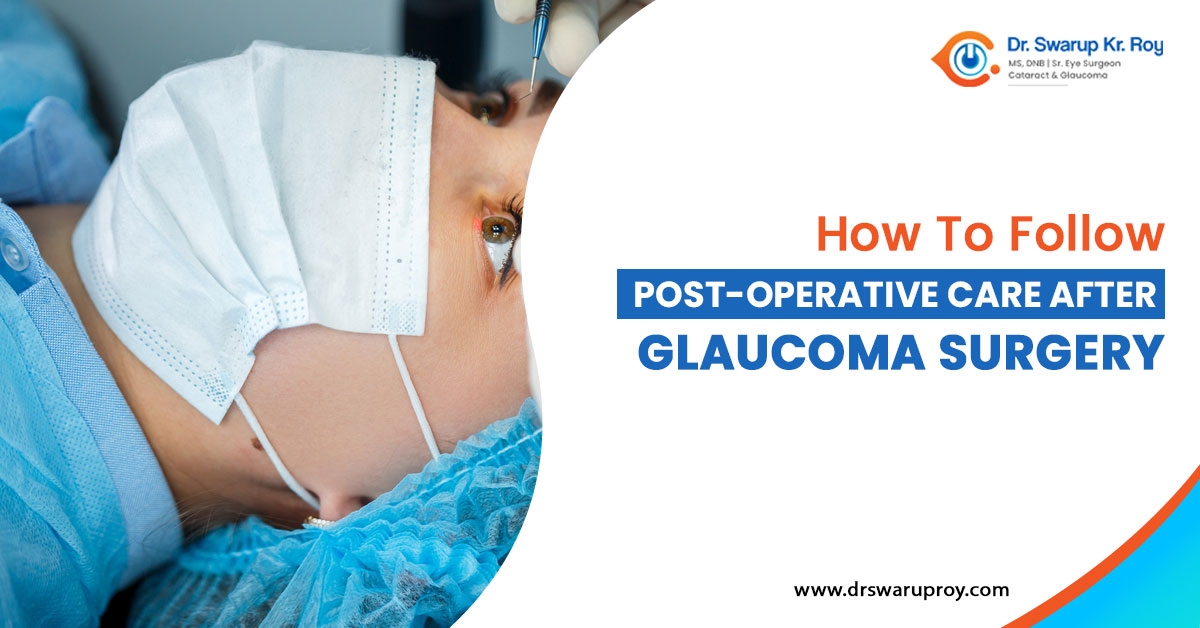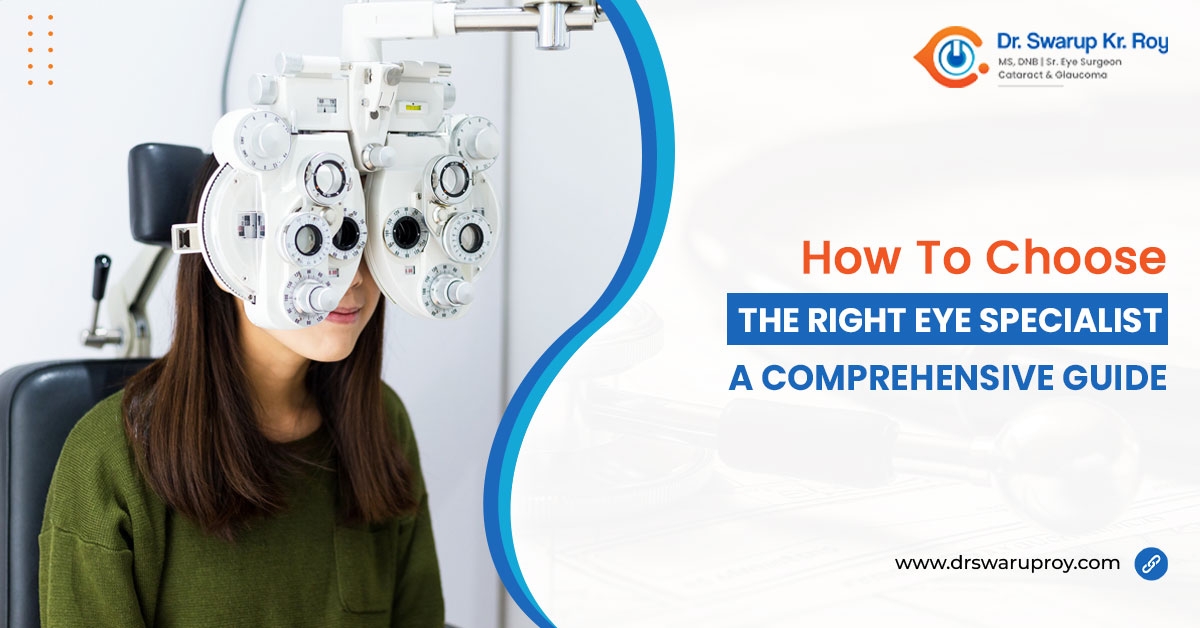Various eye conditions can interfere with your vision. Cataracts are one of the most common disorders which can make your lens cloudy while making you look through a frosty window. In early stages, cataracts don’t cause any eyesight issues but if it is left untreated then it can lead to severe light sensitivity, blurred vision, and night blindness. You can contact a leading cataract specialist in Siliguri to get the best treatment for this disorder.
You are at higher risk of developing cataracts if you’re suffering from diabetes, obesity, and eye injury. Advanced age, smoking habits, and family history can also cause this eye issue. Most doctors suggest cataract surgery to manage the symptoms associated with it. This is generally a safe procedure that involves minimal risks and patients usually recover within a few weeks.
Why a Cataract Surgery is Required?
In some cases, doctors recommend wearing the prescribed glasses to overcome the blurry vision associated with cataracts. However, if the glasses are unable to reduce the complications then surgery is required to remove the cataract. Increased glares around light and clouded vision are some of the other warning signs indicating surgery.
Surgery can also be recommended if the eye condition is interfering with your daily life such as driving during the night and reading. Usually, doctors say that there is no rush to surgically remove the cataracts but it can become necessary when your eye cannot be examined properly for other disorders due to the cataract. You must know that before the surgery, the doctor will review your health history and perform various diagnostic tests.
Steps You Must Follow To Prepare For Cataract Surgery
1. Schedule A Detailed Eye Examination With An Eye Specialist
To embark on a journey towards cataract-free eyes, the first step that you must follow is to book an appointment with a Cataract specialist. Finding a reliable eye specialist will help you to undergo a detailed eye examination. An experienced doctor will first check the severity of the eye disorder and assess the overall condition of the eyes.
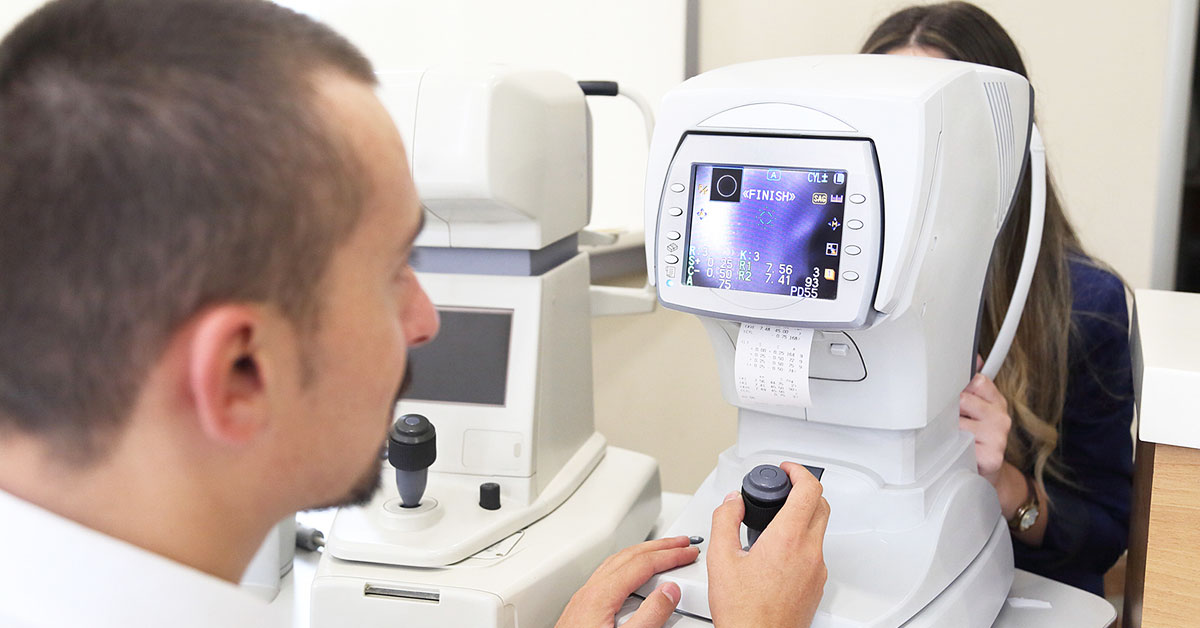
This will help in determining whether you’re an appropriate candidate for the surgery or not. While choosing the doctor, you must check for success rates of the surgery and reputation. A good doctor will always notify you about the benefits, risks, and available lenses so that you can make an informed decision. If you have any questions about the surgery then you must ask the doctor during the first appointment.
2. Undergo Preoperative Evaluation
To prepare for the cataract surgery, you must not miss any procedures of the preoperative evaluation. This step helps the doctor to check your suitability towards the surgery. A range of medical reviews, tests, and examinations can be recommended which will help in understanding your overall health condition. Firstly, an elaborate general health evaluation will be done that will involve ECG for cardiac clearance and blood tests for checking blood sugar levels and complete blood count.
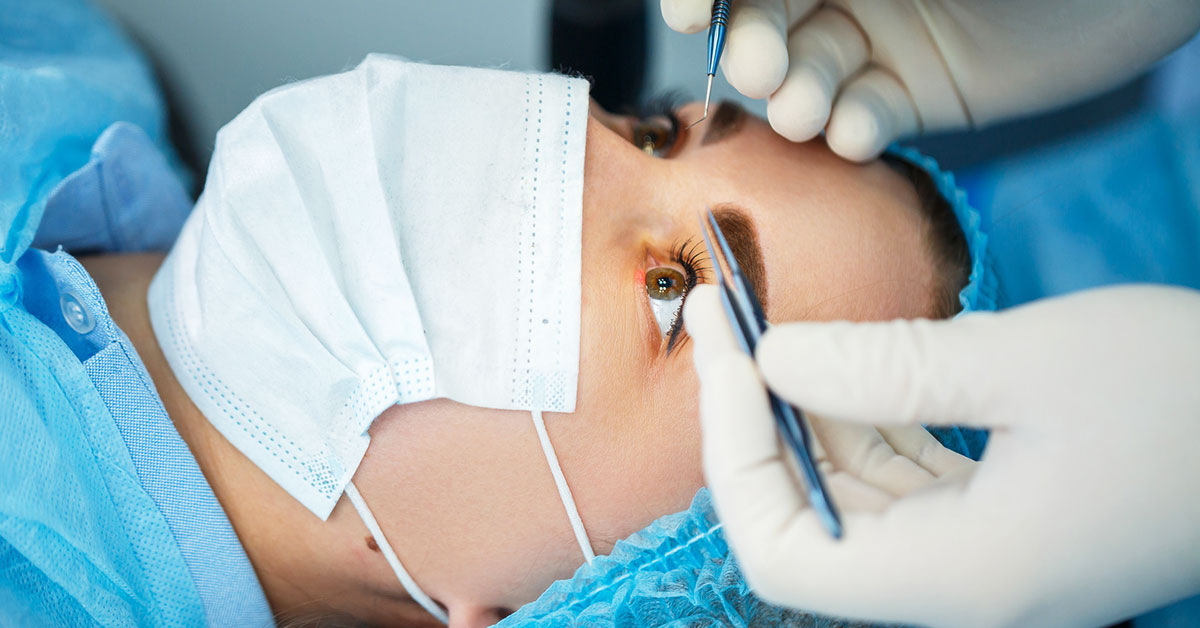
Additionally, the doctor will also ask for your medical history that interferes with your surgical eligibility. The other important tests conducted to assess eye health are the vision test, retinal exam, eye structure exam, and fluid pressure test. This will help in selecting the best intraocular lens with a personalized treatment approach for optimal operative outcomes.
3. Discuss The Medications You’re Taking
Another step that you must follow before the surgery is to discuss any medications with the doctor that you’re taking. This is an important step because there are certain medications which can reduce success rates while increasing the chances of bleeding during surgery. This is why it is always a better option to let the doctor know about any health symptoms for which you’re taking the medications.

In such cases, the doctor may ask you to stop the medications for a few days or may reduce the dosage. It is never advised you stop taking medications on your own as it can lead to a sudden spike in blood sugar or pressure. This is because sudden physical and vital changes can increase the chances of surgical complications.
4. Ask For Pre-Operative Instructions
There are certain steps that you must follow before undergoing the surgery. This is why you must attend pre-operative counselling with a cataract doctor near you. Following the instructions can increase the success rates of the surgery while minimizing the chances of complications. One of the most important steps to adhere to before surgery is fasting.
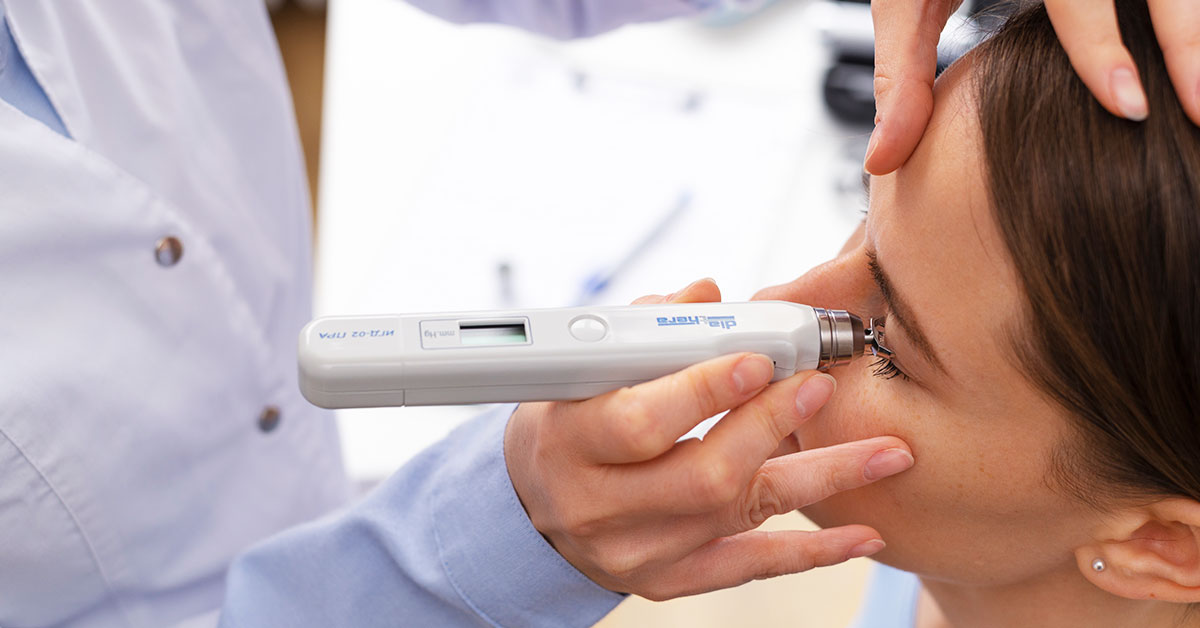
Herein, you will be asked to start fasting from midnight before the surgery. This is advised to make your stomach empty during the surgery. Furthermore, you will also be asked to stop wearing any contact lenses for around 2 weeks before the surgery. The accuracy of the preoperative assessment can be ensured with this process. You must also remember to wear comfortable clothing on the day of surgery for a smooth experience.
5. Use The Eye Drops Properly
Cataract surgery can expose your eyes to certain bacteria and other damage. These complications of the surgery are avoided by prescribing antibiotic eye drops before 3 days of the surgery. These medicinal drops have anti-inflammatory properties that can keep your eyes from any infections while reducing the issues of excessive swelling.

This is why you need to follow the instructions for using the eye drops properly. You must note that the doctor can also advise you to use the eye drops on the day of the surgery. This is why it is recommended to bring all the prescribed medications while visiting the hospital. Following these instructions will offer you the best possible surgical outcomes with speedy eye healing.
6. Book Post-Surgery Transportation
Cataract surgery is usually a day procedure where after 2-3 hours of the operation you will be discharged from the hospital. After completing the post-operative observation, you are allowed to go home but due to the anesthesia and blurred vision, it will not be possible for you to go alone. This is why it is vital for you to arrange transportation options after the surgery.
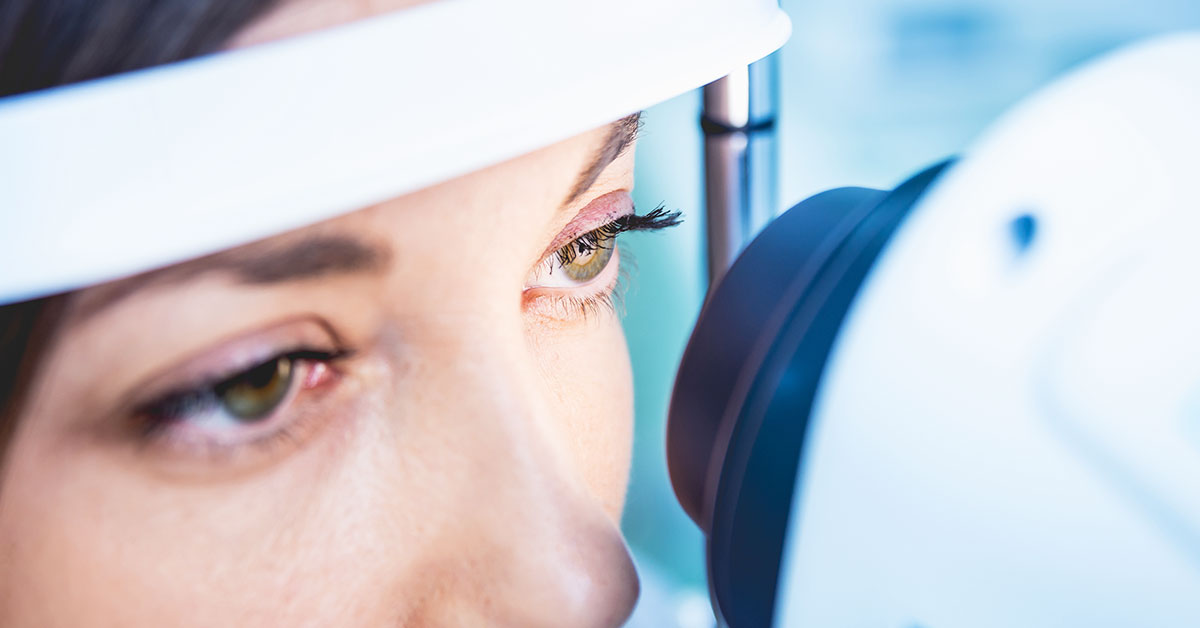
Additionally, you must also make sure to have a company that can help you reach home safely. Herein, if you’re experiencing severe blurred vision or dizziness long after the surgery then you must contact the cataract doctor immediately. The doctor may adjust your treatment approach or increase the observatory time to ensure a successful recovery.
7. Follow The Aftercare Plan
Cataract surgery is a short procedure but the recovery period may take you several weeks. To ensure a smooth recovery journey, it is important for you to follow the aftercare plan tailored by the doctor. The first step that you need to follow after surgery is to take the prescribed eye drops and medications effectively. This will promote the healing process while reducing the issues of infection and inflammation.

Additionally, you also shouldn’t miss any follow-ups where the doctor will assess the healing process. It is also advised by the doctor to avoid any strenuous activities post-surgery as it can strain your eyes. You must also avoid rubbing your eyes even if it feels itchy as it can cause further damage to the eyes. Herein, always remember to protect your eyes while going outdoors as the harmful ultraviolet rays can delay the healing process.
8. Contact The Doctor In Case Of Any Noticeable Eye Changes
You must look for any noticeable eye changes within a few weeks of the surgery. If you notice any signs of discharge, redness, or sensitivity in the eyes then it can be an indication of eye infection. In such cases, you must contact the cataract doctor immediately who can offer the best treatment. Any chills, breathing issues, or severe colds after surgery also need to be monitored and reported to the doctor effectively.
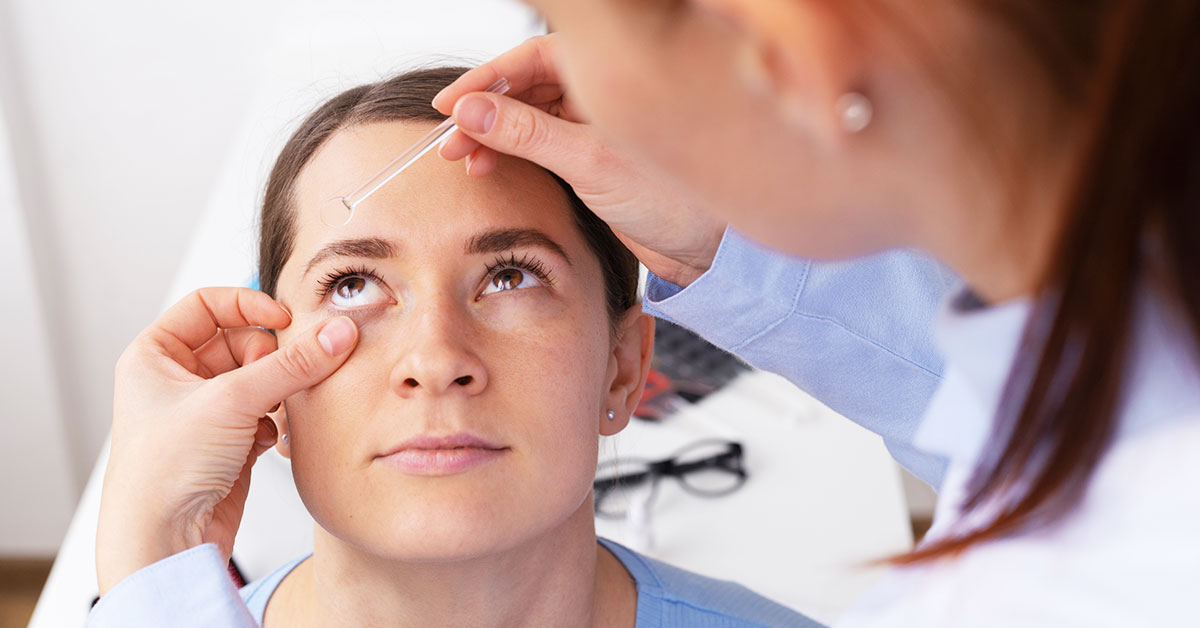
It is normal for you to experience decreased tear production and dry eyes within a few months after surgery. However, if these symptoms persist for a long time then it may indicate an urgent follow-up. Tackling these conditions after surgery and following the aftercare plan will provide you with sharper and clearer vision without the usage of any contact lenses or spectacles.
Possible Complications Associated With Cataract Surgery
Cataract surgery is a successful and safe method but in some cases, there can be certain complications. The most common complications associated with this surgery include bleeding, swelling, and infection. Some patients may also experience other eye conditions after the surgery which involve secondary glaucoma, drooping eyelids, loss of vision, and retinal attachment.
The chances of developing these issues are higher if you have any underlying medical conditions or eye disorders such as macular degeneration and glaucoma. These conditions can also be the leading condition that can cause no improvements in eyesight even after the removal of the cataracts.
Contacting a reputed cataract specialist like Dr. Swarup Kr Roy will help you to get a thorough understanding of your eye health. This will enable proper treatment of the underlying eye conditions before the cataract surgery which will eventually improve the success rates of the surgery. Following the pre, during, and post-operative steps will not only speed up the recovery process but will ensure optimal vision health.
Comments (0)


